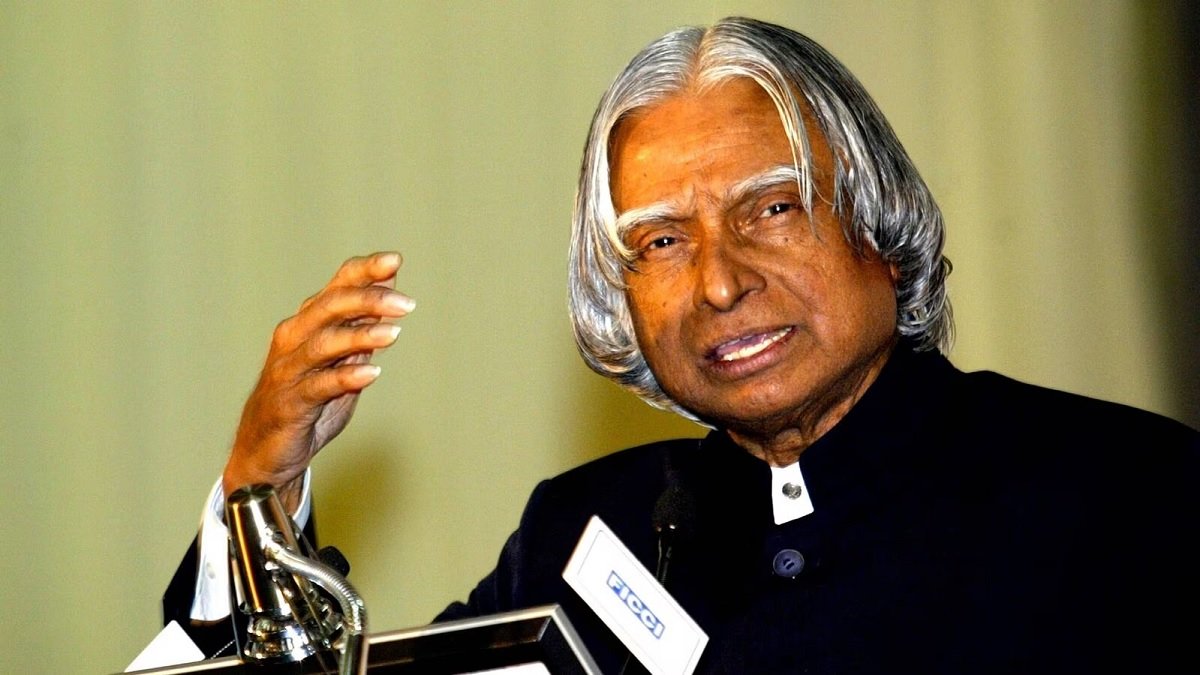Abdul Baha, the eldest son of Baha’u’llah, the founder of the Bahá’í Faith, emerged as a pivotal figure in the spiritual and administrative evolution of this global religious community. His life and teachings embody the principles of unity, service, and compassion, which resonate profoundly with the contemporary human experience. This article elucidates the multifaceted role Abdul Baha plays as a father figure for humankind, elucidating various attributes and dimensions of his character and teachings.
Abdul Baha’s early life is instrumental in understanding his eventual role as a leader and guiding light. Born in 1844 in Tehran, he was thrust into a world of turmoil and upheaval as he witnessed the persecution of followers of the Baha’i Faith. These formative experiences imbued him with a deep sense of empathy and resilience. As a young man, he helped his father during his imprisonment, embodying the concepts of sacrifice and dedication to service. It is essential to appreciate how these experiences shaped his worldview, fostering a commitment to justice and the welfare of all humanity.
As he matured, Abdul Baha exemplified a life dedicated to the principles of unity and love. His travels to the West in the early 20th century facilitated the promulgation of Bahá’í teachings outside of the Middle East, laying the groundwork for the Faith’s expansion. During his sojourns in Europe and America, he articulated concepts such as the oneness of humanity and world peace, encouraging individuals to transcend ethnic, racial, and national divisions. This advocacy for unity served as a compelling message that has gained traction in today’s increasingly fractured world.
One of Abdul Baha’s most profound teachings is the significance of altruism and selfless service. He frequently emphasized the need for individuals to act for the greater good, an idea that resonates within various spiritual and philosophical frameworks. His exhortation that “the best way to serve humanity is through acts of service” highlights a fundamental tenet of his philosophy. Indeed, he modeled this principle throughout his life, engaging in countless charitable endeavors and speaking against social injustices. This teaching remains relevant, as it challenges contemporary individuals to address societal issues through compassion and active participation.
Another pivotal aspect of Abdul Baha’s work is his commitment to education as a vital component of societal advancement. He recognized education not merely as a tool for personal development but as a means of uplifting entire communities. His advocacy for the education of girls in particular was revolutionary at a time when educational opportunities were often scarce for women. By championing this cause, he laid the groundwork for future generations to challenge gender inequalities. In the 21st century, where discussions around educational equity are paramount, Abdul Baha’s insights provide a timeless blueprint for addressing these disparities.
In discussing social harmony, Abdul Baha addressed the critical importance of inclusivity. He argued that the diversity of human experience enriches society, asserting that “the earth is but one country, and mankind its citizens.” This unifying perspective cultivates a sense of belonging and interconnectedness. In current times, faced with globalization and migration, this idea invites reflection on how societies can embrace diversity as a source of strength rather than division. Abdul Baha’s teachings encourage the recognition of shared humanity, inviting individuals from disparate backgrounds to find common ground.
Furthermore, Abdul Baha’s views on the relationship between science and religion illuminate the potential for synergy between two seemingly divergent realms. He posited that true knowledge must encompass both material and spiritual dimensions. His assertion that “science and religion must go hand in hand” encourages a holistic understanding of existence, where empirical inquiry complements spiritual insight. In a time marked by disputes between scientific reasoning and religious belief, this perspective promotes dialogue and fosters an environment conducive to mutual respect and understanding.
Abdul Baha’s teachings also delved into the concept of peace. He championed the establishment of global peace not as an abstract ideal, but as a tangible goal achievable through concerted effort and collaboration among nations. His emphasis on disarmament and non-violence continues to resonate amidst the ongoing challenges faced in international relations. His call for the establishment of a World Parliament remains a visionary proposal that seeks to mitigate conflict through cooperative governance. This notion is increasingly pertinent as contemporary society grapples with the complexities of global diplomacy.
Moreover, Abdul Baha’s approach to leadership is marked by humility, service, and a profound understanding of human needs. He believed that true leaders should inspire and empower others, echoing the sentiment that authority should reside in the service of others rather than in mere control. This transformative perspective on leadership challenges conventional paradigms and offers a model for emerging leaders in contemporary society.
In conclusion, Abdul Baha’s teachings encapsulate timeless wisdom that transcends cultural and temporal boundaries. His role as a father figure for humankind is highlighted through his unwavering commitment to unity, service, education, inclusivity, and peace. As society oscillates between challenges and opportunities, the principles enshrined in Abdul Baha’s life and teachings beckon individuals toward a more compassionate and interconnected existence. The legacy he left behind serves as a guiding light, encouraging the continued pursuit of a just and harmonious world, united in purpose and action.
